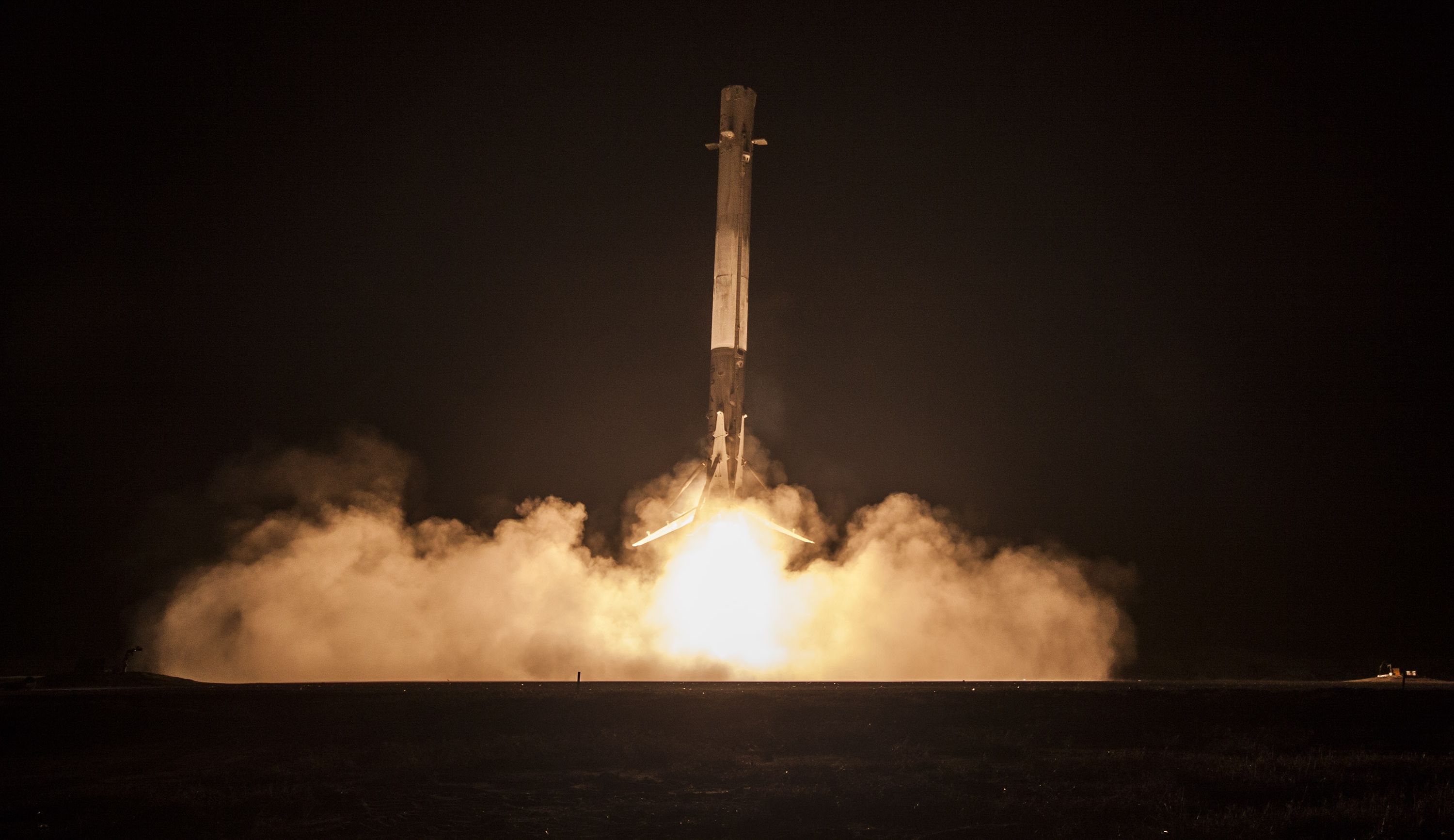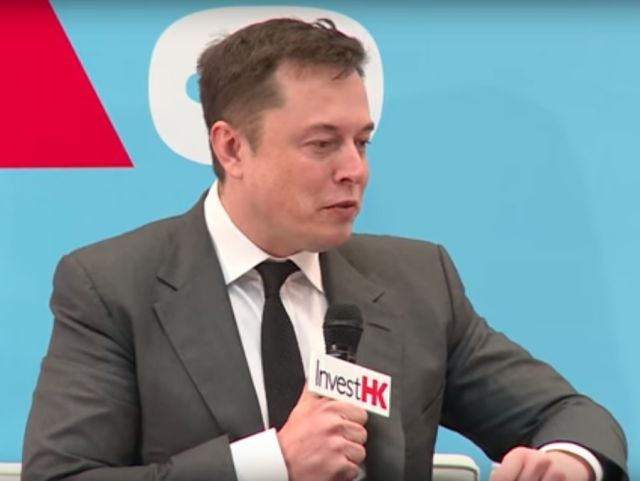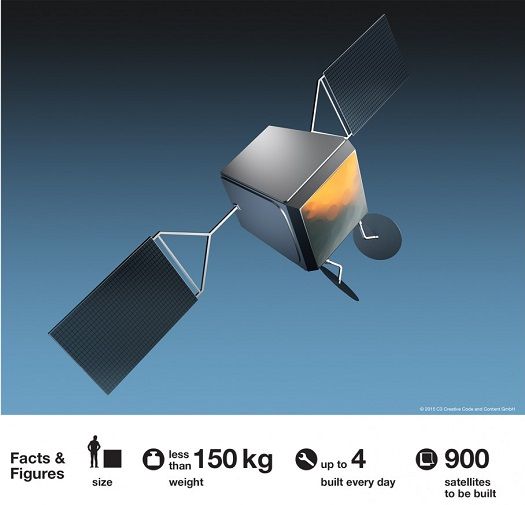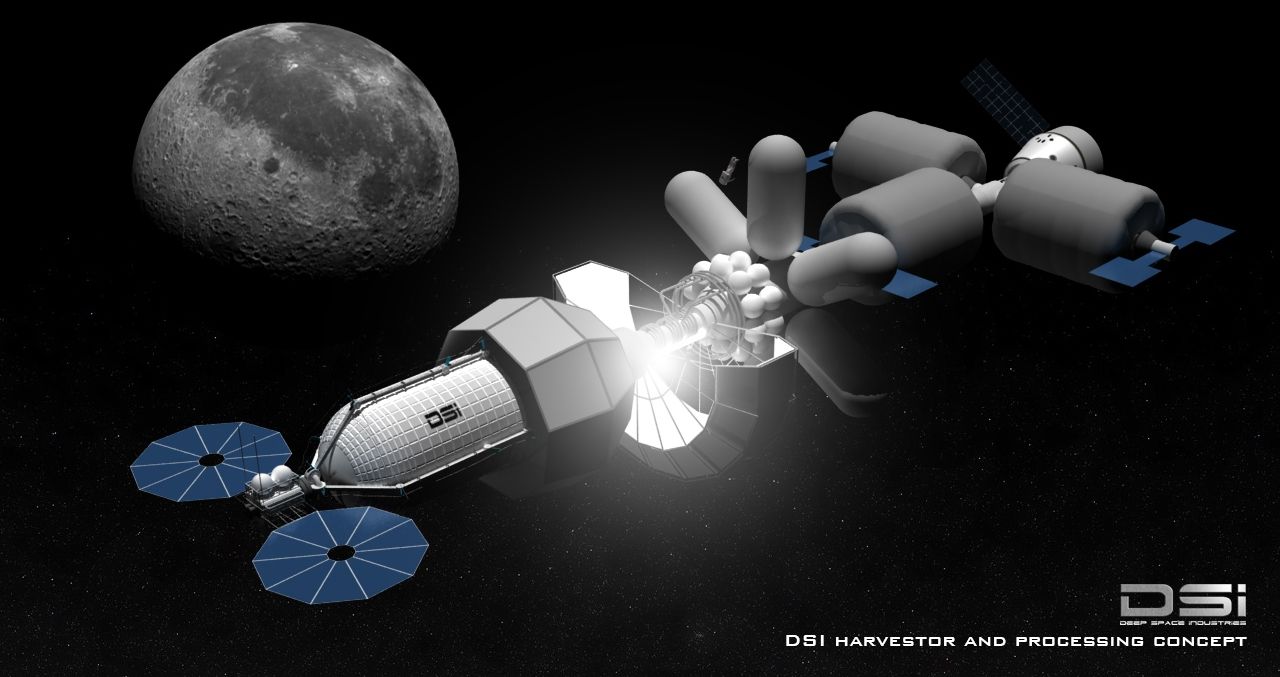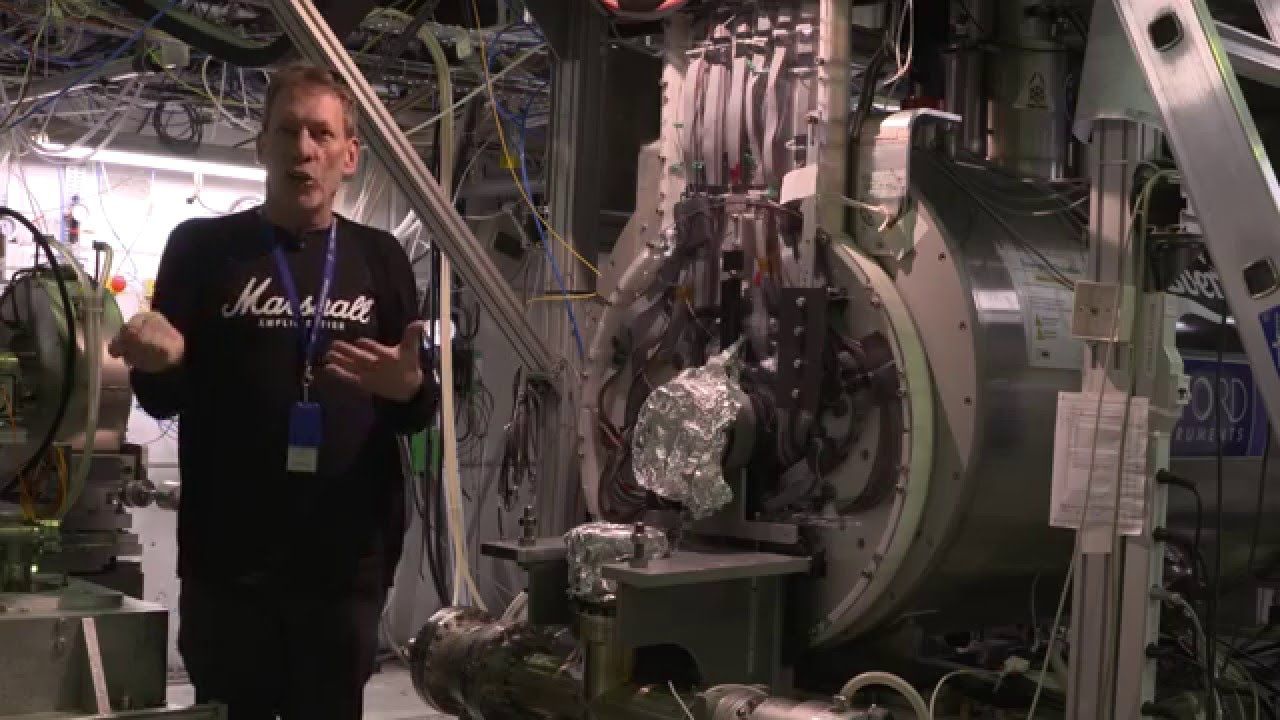Jan 28, 2016
World Economic Forum Report: Existing Workforce Must Prepare, Re-Skill & Up-Skill for Impending Fourth Industrial Revolution
Posted by Karen Hurst in categories: 3D printing, business, computing, economics, employment, engineering, habitats, quantum physics, robotics/AI, space
Finally, folks are getting the real picture around re-tooling and retraining folks for new jobs in an oncoming AI future. In my posts; I have highlighted the need for governments and businesses to retrain people as well as ensure that their is some level of funding established to assist displaced workers, and especially as we see the maturity of Quantum in the AI space this will definitely be a must.
 “If every tool, when ordered, or even of its own accord, could do the work that befits it… then there would be no need either of apprentices for the master workers or of slaves for the lords.” – Aristotle.
“If every tool, when ordered, or even of its own accord, could do the work that befits it… then there would be no need either of apprentices for the master workers or of slaves for the lords.” – Aristotle.
Humans have such a love/hate relationship with technology that it’s almost comical. All of our own creation, once we’ve perfected amazing innovations, we often turn on them–when convenient. As the PC became common and marketed toward the masses in the 80s, a new world of automation, both good and bad, was predicted. As mad scientists tucked away in secret, underground labs began creating evil robots in a slew of sci-fi movies that we consumed greedily, along with becoming affectionate toward machines like C-3P0 and R2-D2 just birthed in what would be a continuing pop subculture with a momentum of its own, our imaginations ran wild. Fearmongers cited that automation would make many jobs obsolete; robots would begin doing what was left as an economic apocalypse ensued for the human race.


